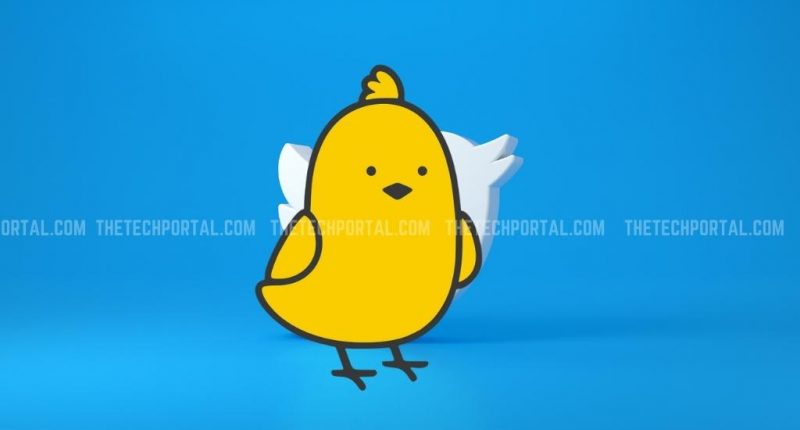Last month, Elon Musk replied to a Twitter user, saying that he was indeed giving “serious thought” to the creation of a new social media platform that would consist of an open-source algorithm, prioritize free speech, and with “very” minimal propaganda. Well, that platform has not come yet, but we now have a platform that allows viewers to see what makes its core algorithms tick.
Koo, India’s answer to Twitter, has done so, and thus become the first significant social media platform to have made its algorithms public. In a statement, it said that the algorithms were made public on its website and that it established the platform as a transparent and safe platform. Koo has been under criticism and controversies for a long time now, due to its favouritism and leaning towards India’s ruling party, the BJP.
Those interested, can now head to Github to view the algorithm that makes Koo work.
Koo says, that users gain an idea of how the multi-lingual micro blog drives relevance. It is an In the near future, the platform will also be providing users with the flexibility to see a timeline feed, if that is what they want. In a statement, Koo informed that it sought to educate and make users aware of how it achieves its goals of building transparent, intelligent algorithms that function seamlessly.
What is an algorithm, and why is it so important? It is basically a procedure for solving a well-defined computational problem. In the social media sphere, it helps personalize and improve experiences for users based on their behaviors and preferences (such as what kind of content you view or like, comment, or share the most). With the data, it decides what it will show the user on the platform.
Of course, algorithms are not perfect, and it often happens that algorithms favour certain styles of content or posts, or they do not show what we actually want. Koo has taken this step to drive the relevancy for a user, something that comes at a time when Twitter, the de-facto public square, is no longer the paragon of transparency or free speech.
This has been pointed out by Elon Musk (via his polls), who offered to buy Twitter last week with his “best and final offer” of $43 billion. In fact, he is ready to shell out up to $15 billion from his own pocket to buy Twitter and unlock its “extraordinary potential.” Musk has also advocated that Twitter be taken private and that it should open-source its algorithms.
The Tech Portal is published by Blue Box Media Private Limited. Our investors have no influence over our reporting. Read our full Ownership and Funding Disclosure →






